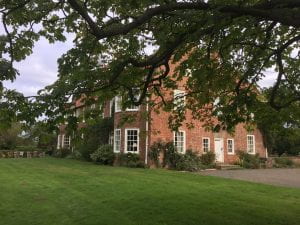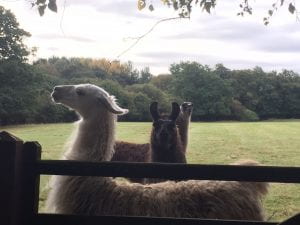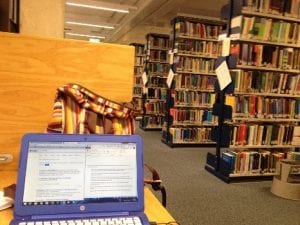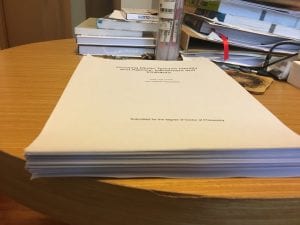Dr. Kusha Anand on information and digital literacies for life
By Nazlin Bhimani, on 7 November 2019
Dr. Kusha Anand, who took the Information and Digital Literacies in 2014, writes about her experience of the course and the long-term benefits of developing research skills.
About the course
A specialised course on what is expected of the literature review at doctoral level is an important addition as it allows one to gain insights into the dos and don’ts of searching and developing a systematic way of working with a huge digital library of subscribed electronic resources. This blog presents my reflections on the course “Information and literature searching” (now aptly renamed ‘Information and Digital Literacies) given by Nazlin Bhimani. This course incorporated information and digital literacies and looked at ways of searching, finding, accessing, evaluating, managing and using literature. It was delivered through presentations and exercises, with adequate time set aside for questions and answers.
Nazlin encouraged information searching in a structured manner so that we were able to map our keywords to our research topics, and after thorough systematic searching were able to add relevant literature to visual maps. By visualising our topics by keywords and then attaching the relevant literature, we were able to see the links from various keywords and concepts and fine-tune our research questions. In the process, we were introduced to the different information portals in order to find specific literature to the various themes. Another area that was effective was the discussion on issues such as credibility of the research, its integrity, comprehensiveness and depth. This broadened my understanding of matters relating to scholarly communication (including authors’ rights and open access). I was also able to pick up some useful tips which I now find invaluable.
Engagement with the tutor
The course enabled me to understand the need to consider depth and scope and to prioritise my reading – I took the most important and relevant literature first rather than downloading lots of articles and not knowing where to start. Nazlin also provided advice on numerous bibliographic management software tools and taught us ways in which we could stay current. The course showed me not only how to identify relevant literature but also how to evaluate it in order to gauge its usefulness for my research and to understand where the gaps might be. This was important in terms of checking to see whether my research would be original and would be an addition to the existing knowledge in the area.
In addition, Nazlin has been instrumental in strengthening my understanding of literature searching and the types of resources available to me. Due to the complexity of my research topic, she offered to give me a one-on-one tutorial in which she elaborated on effective information/literature search strategies that I could use on the myriad search interfaces so that I was able to find relevant resources.
Outcomes
Overall, this course has benefited me enormously as I have so much more confidence in handling print and online information sources and this in itself adds to my mental wellbeing. The course has acted as a catalyst to my approach to information and literature searching and it has to be emphasised that these skills were not simply relevant to my thesis but are now being used in my postdoc work.
 Close
Close












